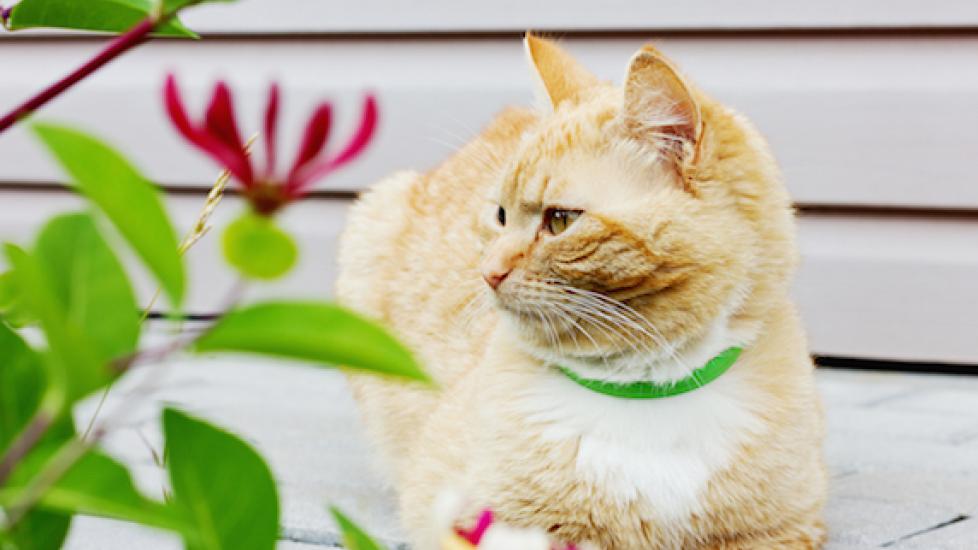FELV – Similar But Not Identical To FIV
In response to my post a couple of weeks ago on feline immunodeficiency virus (FIV), a few of you commented on possible confusion with another dreaded (there’s that word again!) disease, feline leukemia virus (FELV). The two diseases do share a lot in common, but there are also some important differences to consider.
Both diseases are caused by viruses, as their names imply, and the end result of infection is a weakened immune system. Early in the course of the diseases, cats do not appear to be sick. But as immune function declines, cats become susceptible to life-threatening infections and certain types of cancer.
A cat with advanced FELV looks very similar to one with advanced FIV. Symptoms can include:
- lethargy
- poor appetite
- weight loss
- vomiting
- diarrhea
- oral inflammation
- pale mucous membranes
- neurological disorders
- chronic eye problems
The primary route of transmission for both viruses is bite wounds, but FELV is more likely to also spread through close contact (e.g., mutual grooming or sharing food bowls and litter boxes) than is FIV. Pregnant females can pass both diseases to their offspring.
A big difference between FELV and FIV is the way in which we screen for infection. FIV screening tests look for antibodies; in other words, evidence of the body responding to the virus. Doctors prefer antigen tests – those that look for viruses (or other invading microorganisms) – but because the number of viruses in circulation can be extremely low with FIV infection, we are stuck with an antibody test. This is why I harped endlessly in my FIV post that positive screening tests must be confirmed with a different type of test. Antibodies indicate exposure (e.g., to a virus in a vaccine), not current infection.
The situation is not the same for FELV. When a cat has FELV in her body, she has lots of FELV in her body, so we can use an antigen test. The big caveat with FELV screening is that a cat’s immune system is sometimes able to fight off the infection, so a single positive test could indicate an early infection that may still be eradicated. Two positive antigen tests at least 90 days apart are needed to definitively diagnose FELV.
Vaccinating for both diseases is controversial, but for different reasons. FIV vaccines are of questionable value because they don’t protect against all (or even most) of the types of virus in circulation, and they make cats appear FIV positive on screening tests. FELV vaccines are quite effective but unfortunately are associated with rare but potentially lethal injection site sarcomas, an aggressive type of cancer.
Because young cats are at highest risk for infection and it’s difficult to determine what their lifestyles will be like until they are grown, I recommend that all kittens be vaccinated for FELV and receive a booster when they come in for their first annual check-up. After that, I only continue to vaccinate cats that are at high risk for disease (e.g., those that go outside or that live with a FELV positive housemate).
Treatment protocols for FELV and FIV are similar — deal with any complications that arise quickly and aggressively and keep your fingers crossed. Cats can remain healthy for years after being diagnosed with both infections unless they are already immune-compromised at the time they first test positive. Providing good nutrition and preventive health care and protecting them from exposure to potential pathogens can extend that time period. Unfortunately, once a cat’s quality of life declines to an unacceptable level because of FIV or FELV infection, hospice care and/or euthanasia are the only effective ways to relieve suffering.

Dr. Jennifer Coates
Image: Julia Sudnitskaya / Shutterstock
